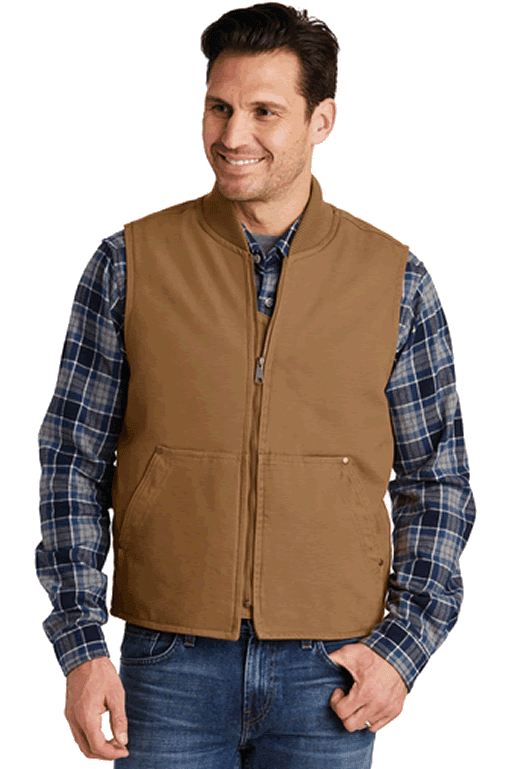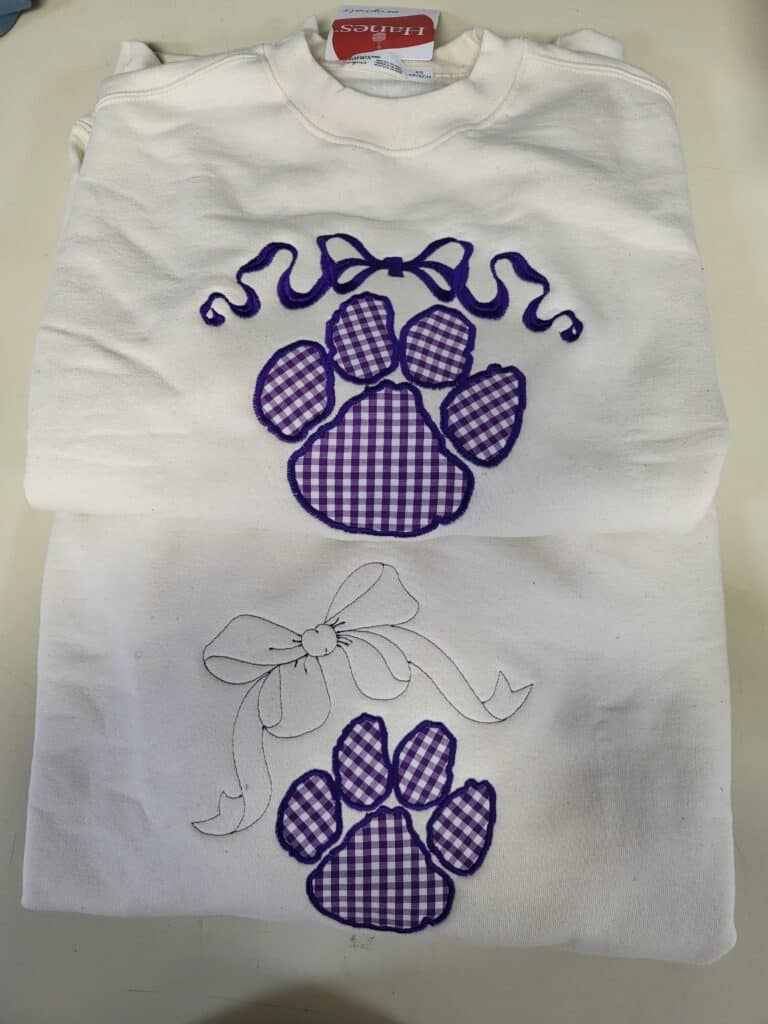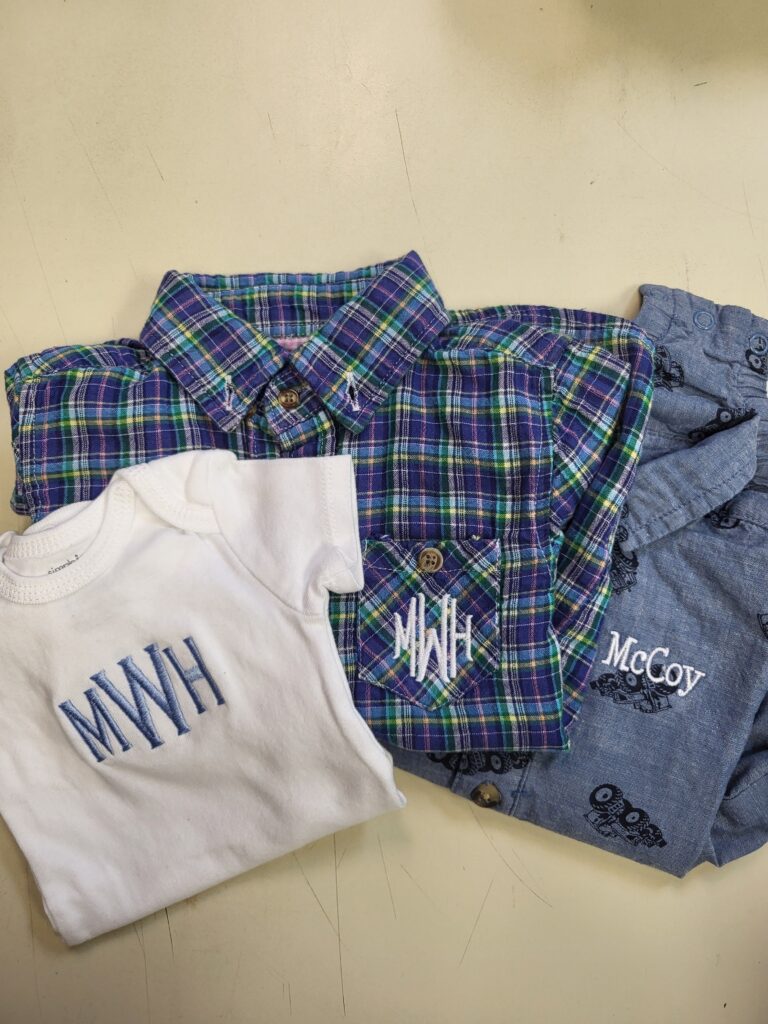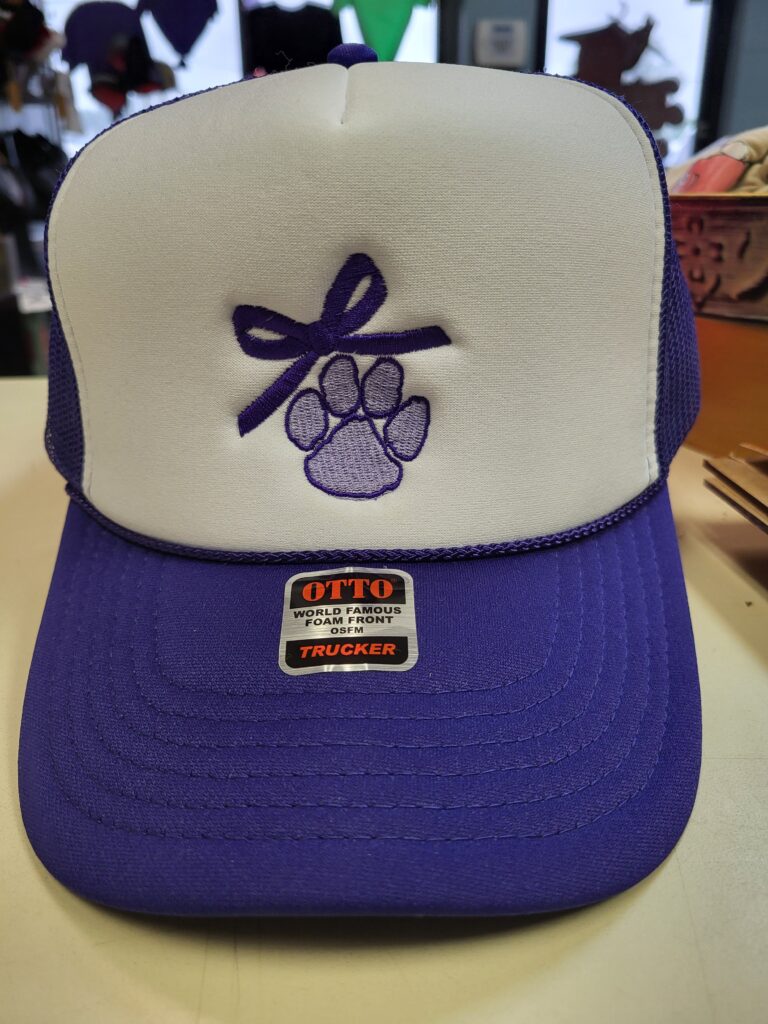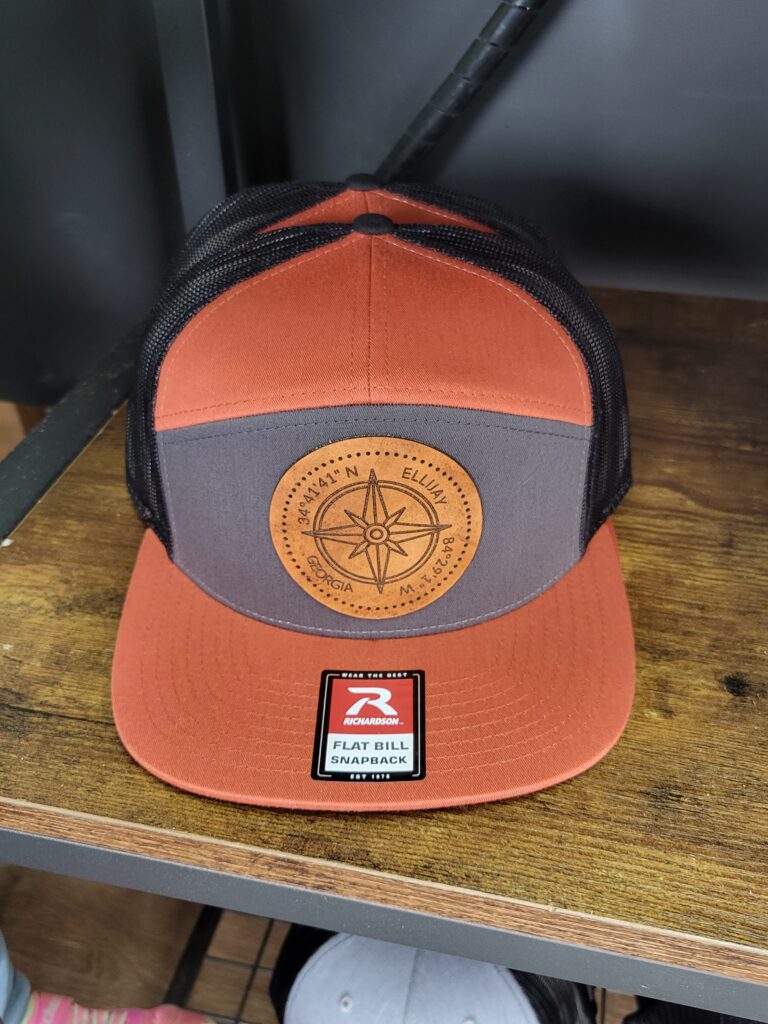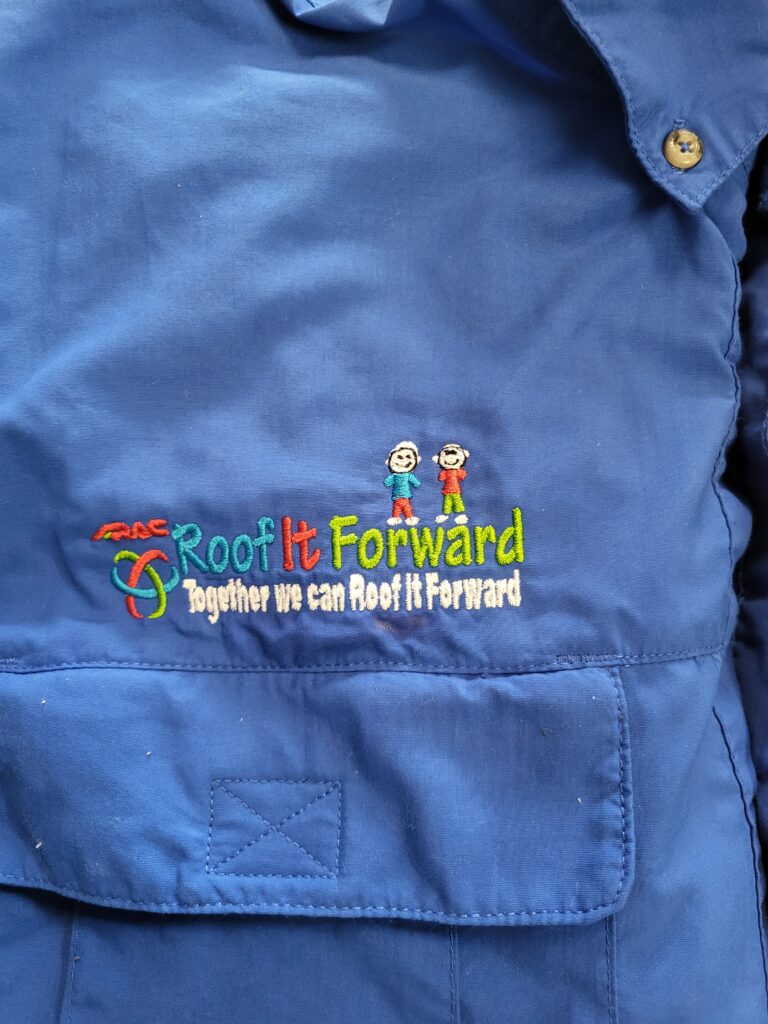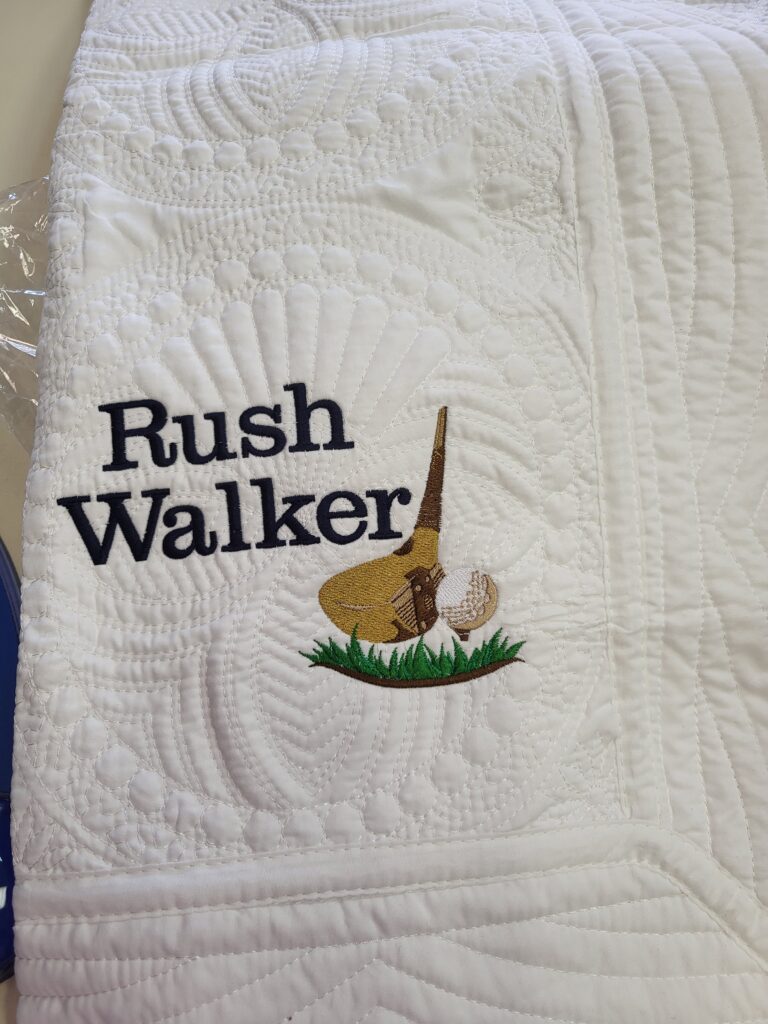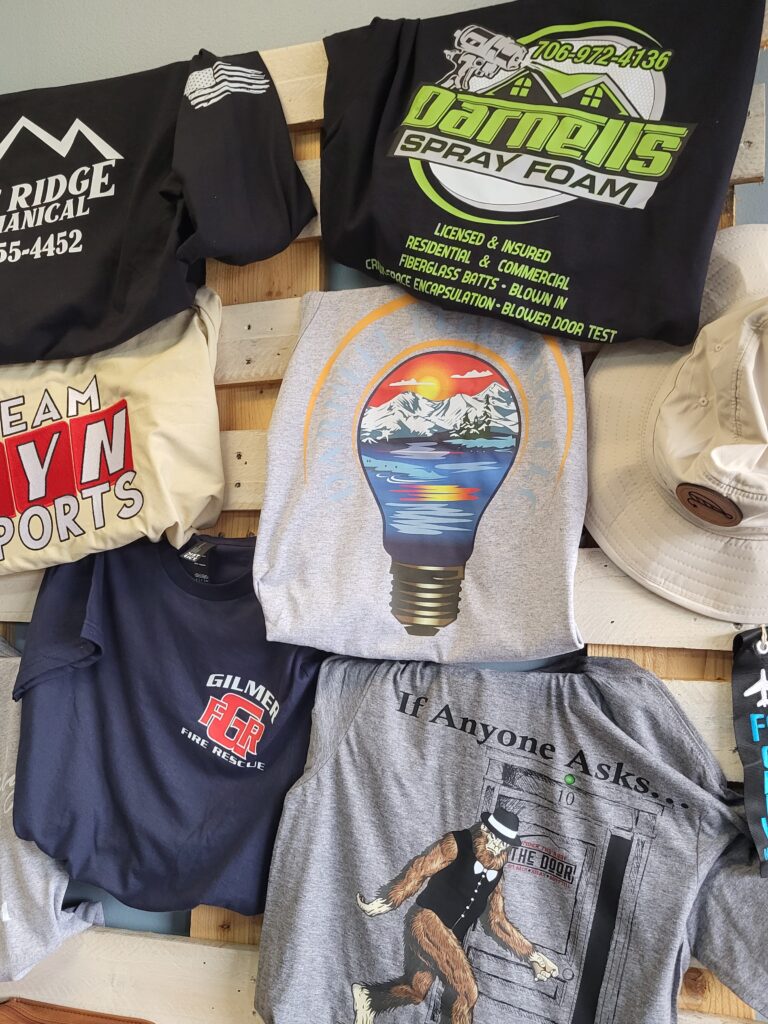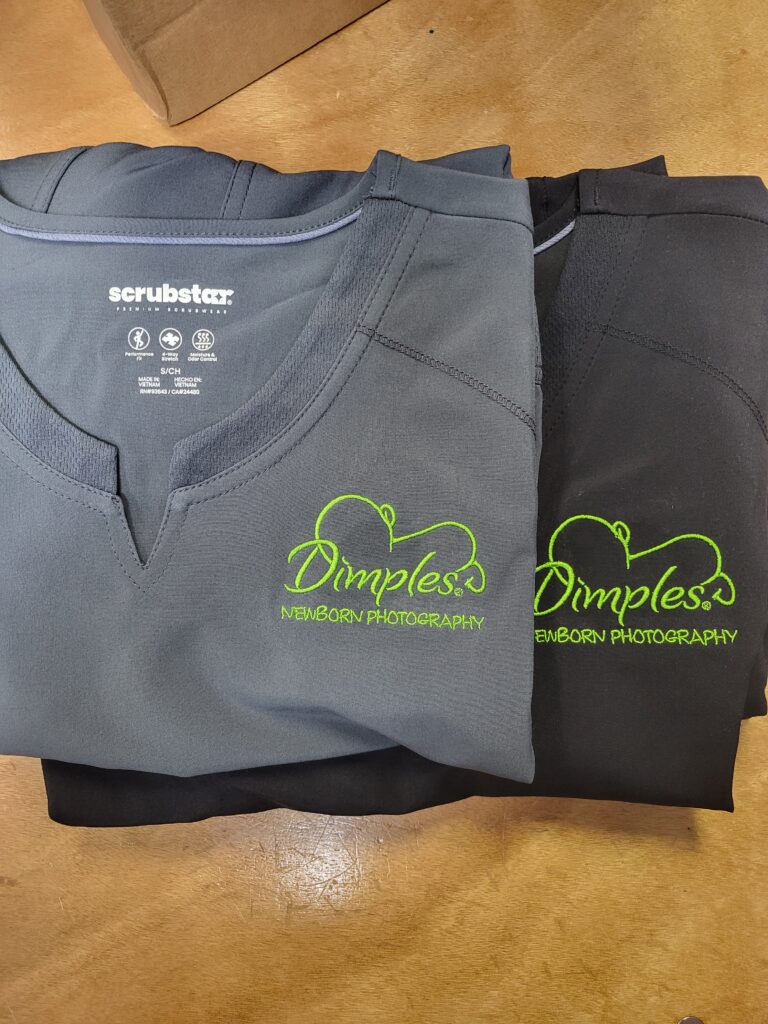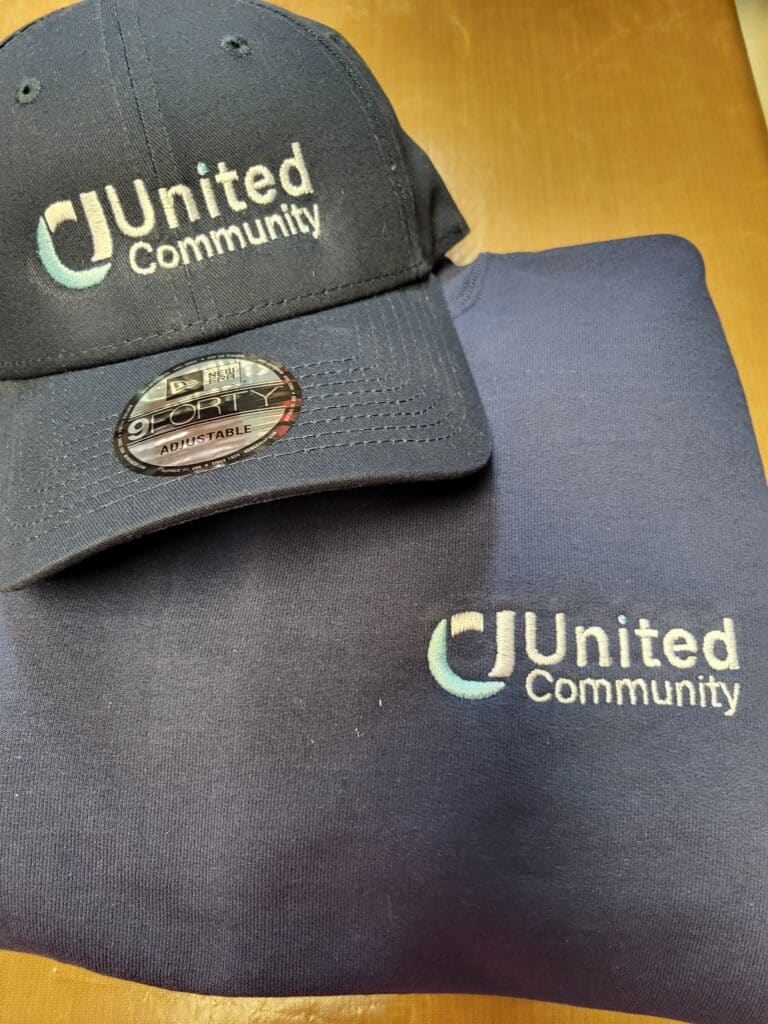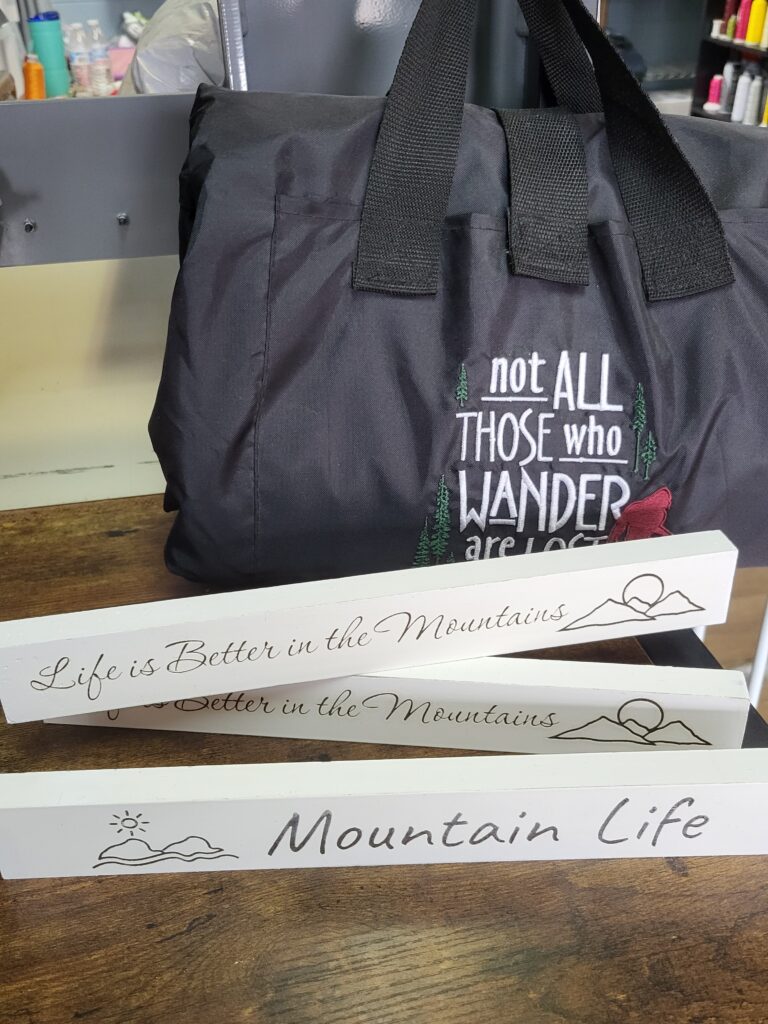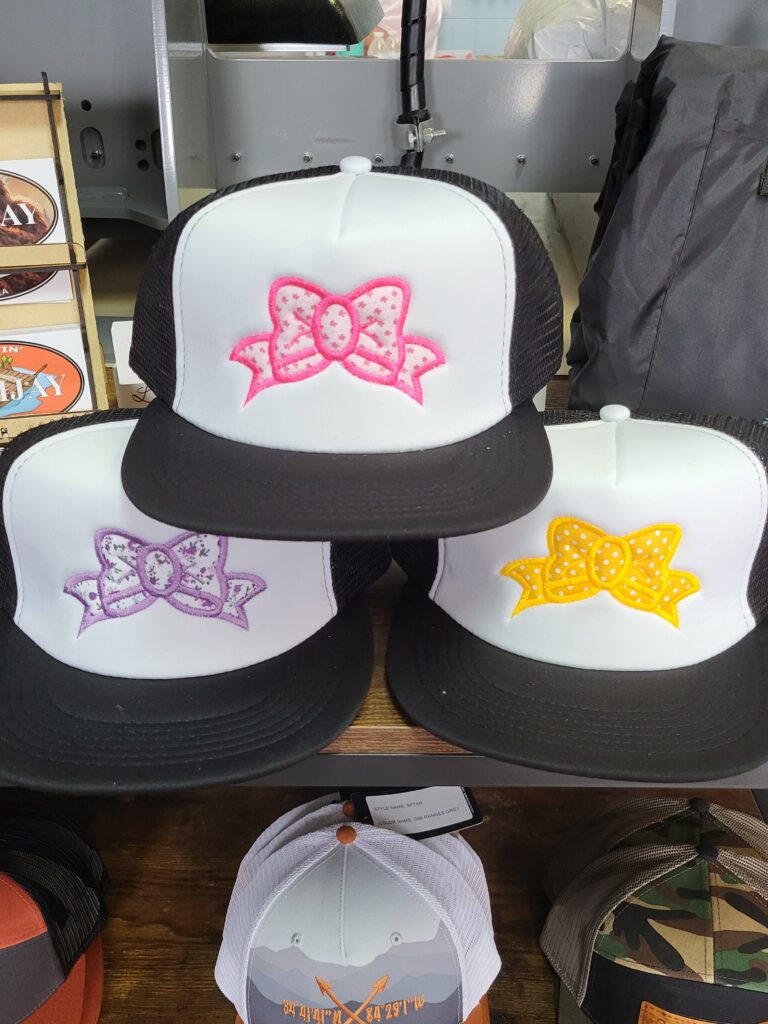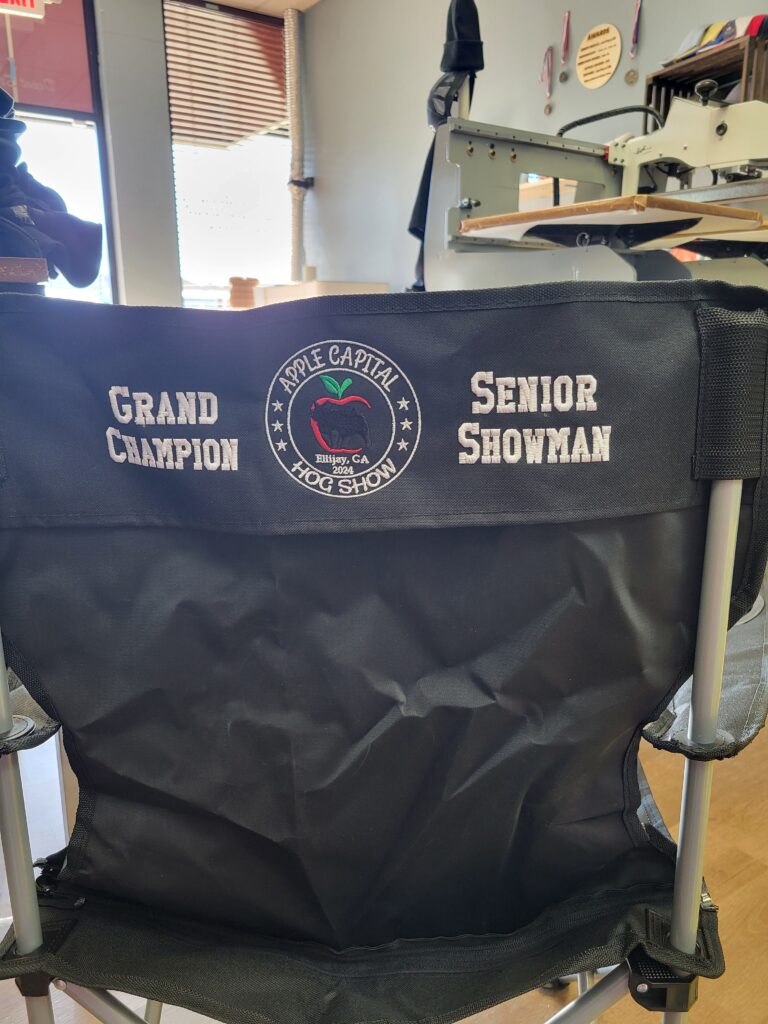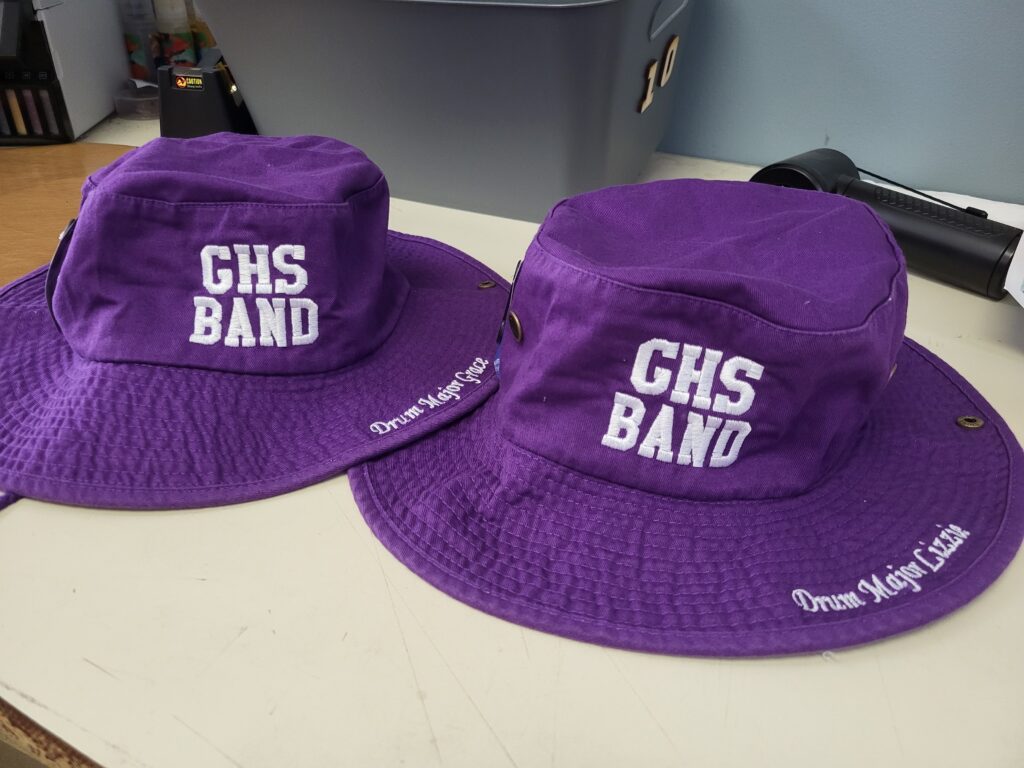How to Choose the Best T-Shirt Material
There are a lot of factors that people consider when it comes to t shirt fabrics. Each fabric has its various pros and cons, and no hard evidence seems to show that one is better than the other – you just have to make sure that you choose the right one for you. The fabric plays a big part in not only the design and printing, but in the way it feels and the way it’s worn. Some t shirt fabrics hold ink better than others, and others will last longer. If you know the difference between the fabrics, you’re going to make a better decision.
Cotton
Cotton is the most common type of fabric that is used to make t shirts. This is because It is soft and breathable and strikes a perfect balance between cost and comfort. The main drawback to cotton is that it wrinkles and it often shrinks in the laundry. There are a few different types of cotton that can be used for shirt production:
Types of Cotton:
- Combed cotton is created when short strands are eliminated, then fine brushes straighten the fibers. This makes the fabric softer, smoother, and stronger. It also makes for a better material for printing. Combed cotton is made from pretreated fibers that produce a softer, more durable fabric.
- Organic cotton is more expensive than regular cotton, and the cotton is grown without many fertilizers or pesticides. If environmental impact and sustainability are important to your brand, organic cotton is the way to go. It utilizes the most popular t-shirt material but limits the selection to materials that achieve certain standards for limiting their impact on the environment. This type of cotton is more labor-intensive to produce and therefore more expensive to buy.
- Pima cotton is known to be the highest quality cotton that money can buy, with extra long fibers which ensure the softness of the t shirt fabric. Pima cotton is durable – it resists pilling, fading, and stretching. Supima is the same type of cotton as Pima, but it’s specifically grown in the US.
- Slub cotton is a type of cotton that looks like it has slight lumps in the fabric. This is created before the cotton is weaved, where the cotton is twisted, and the twists are irregular. Slub cotton is unique – it’s light, airy and does not cling to the body. It’s also naturally textured, which means that there is no need to iron it.
Linen
There are a lot of t shirts that are made with linen. It comes from the flax plant, and the weave is textured. It’s such a popular choice for summer clothing because of the breathability and it’s lightweight properties. Linen is also moisture-wicking and dries quickly. Although it’s a great summer material, it can easily wrinkle.
Polyester
Another common fabric used for t shirts is Polyester. It’s quick drying and doesn’t mildew. It also maintains its shape without stretching. Most athletic apparel companies use polyester in their t shirts. Polyester is synthetic and includes fabrics like nylon, acetate, and acrylic.
Polyester is durable, drying fast after a wash. It’s also flexible, cost effective, can potentially be recycled, and can blend with cotton. Along with these positive attributes some some negative effects unfortunately. Polyester doesn’t break down quickly, doesn’t breathe easily, and it can release plastic microfibers when it’s being washed which in turn cause water pollution.
Rayon
Rayon is another athletic-wear fiber, and it’s been created as an affordable alternative to silk. Rayon is a human-made fiber formed from trees, plants, and cotton. What you get in the end is a breathable fabric that feels silky and drapes effortlessly. It dyes well, and it’s absorbent. However, it wrinkles easy and is not known as the most eco-conscious option.
Lycra
Lycra is the best-known name, but really it’s Spandex which is an additive to other t shirt materials. It’s used to give t shirts more room to stretch, and it’s found in athletic wear more than anything else because of the ease of movement.
Cotton/Polyester Blend
The best of both worlds is a blend between cotton and polyester. Not all blends are created equal, so you will need to look at the percentage of each material in the blend before making a decision. However, most cotton/polyester blends are soft like cotton and wrinkle-resistant like polyester.
Tri-Blends
T-shirt manufacturers have found another way to improve on a good thing! By adding rayon to the mix, they have created an ideal t-shirt blend that marries the comfort of cotton and the durability of polyester with a touch more softness and lighter weight with rayon.
Understanding T-Shirt Weights
What goes into making a comfortable t-shirt? What specific qualities should you look for when choosing t-shirts for your brand? For one, the weight of the material. Heavier weight t-shirts that are more than 6 oz are better suited for colder climates. If you are an outdoor brand popular in mountainous regions, this will be more important for you. Lightweight t-shirts typically range between 3 – 5 oz and are more comfortable for warmer weather.
Lightweight t-shirts tend to have a more fashionable fit, whereas heavier t-shirts have a more utilitarian fit. The average t-shirt weight is somewhere between 4.5 oz and 6 oz. Weight below this range is comparatively not as durable. In some instances, however, a lightweight t-shirt material is appropriate, for example, shirts that might serve as a novelty item for one-time use, such as for an event.
T-Shirt Weights
- Heavyweight– A heavyweight t-shirt weighs 6 oz or more per square yard of material. It’s thick and provides a feeling of heft in hand.This class of t-shirt material is typically less breathable than lighter weights. The breathability of t-shirt material is determined by the amount of space between the fabric and the fabric type. Heavyweight t-shirts are expensive compared to other t-shirts, but on the plus side, these are also more resistant to shrinkage, have heavier stitching, and are more durable.
- Midweight – Mediumweight t-shirts weigh between 5 oz and 6 oz. This class of t-shirt material offers the benefits of both heavyweight and lightweight t-shirts. You might use this weight of t-shirt material when designing clothing items for fall and spring since these keep wearers a little cooler compared to a heavyweight t-shirt.The most significant advantage of a midweight t-shirt is that it gives you the benefits of a lightweight shirt. But, at the same time, this material gives you the durability of a heavyweight.
- Lightweight – A lightweight t-shirt weighs less than 5 oz. Usually, designers select this kind of material for summer t-shirt designs. Moreover, it’s breathable, which makes it an excellent choice for exercise gear. Lightweight t-shirt materials can tear easier and are more prone to shrinkage than their heavier counterparts.
Questions? Call: (706) 301-8646

